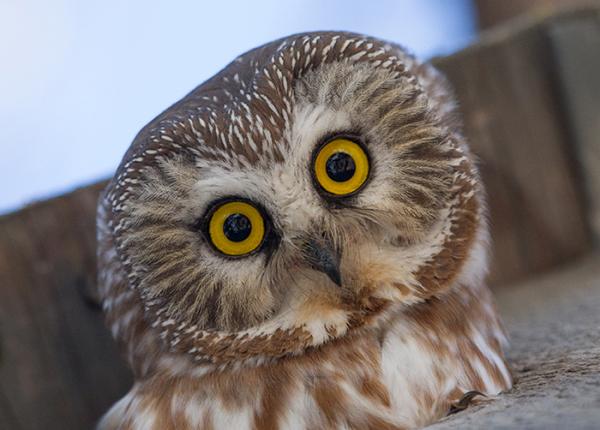

Haha, I thought you’d say that! Well no, given how widspread and old religion and spiritually is that’s not possible for anyone but a child raised by wolves to say it hasn’t been an influence!
My centre point of discussion is to look back before, wayyyy before any of these ideas could be cultivated. I feel that you are starting somewhere at a point where these morals are in the process of being developed and refined, if in early days, so your arguments are somewhat self supporting (happy to be corrected, just the impression I’m getting).
You say there’s no point in discussing what cannot be proven with evidence…well that makes this whole discussion somewhat defunct then unfortunately!! I’d already written the below so I’ll leave it should you wish to discuss further despite this :)
You say it was necessary for formation of larger social groups etc but…I go back to my basic starting point of “I don’t like…” As you say there needs to be discussion, development and unity of belief for it to become a recognisable, repeatable, lasting moral system. But that just demonstrates my point that basic, individualistic morals came first then once complex language started to develop then shared likes and dislikes become more prevalent. Imagine what it was like before? Just take a look at chimpanzees.
The developement of shared beliefs, religious or otherwise, will no doubt have occurred simultaneously. Overlapping, replacing and morphing over millions of generations. Some ideas being discarded/diminished as other new ones arose - e.g. that great 1 in 1000 year volcano eruption replacing the end of the 20 year flood occurance, to use my natural disaster example again.
But “I don’t like…” is still the starting point for pretty much any discussion about morals as far as I believe.







Quite possibly, I’m a devout athiest so don’t even begin to think in any religious or spiritual terms (could you tell?!)
But yes, I certainly agree with that statement without argument. Thanks for the discussion :)